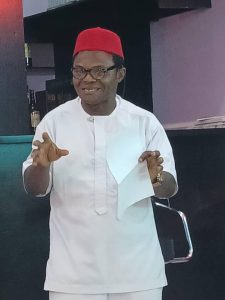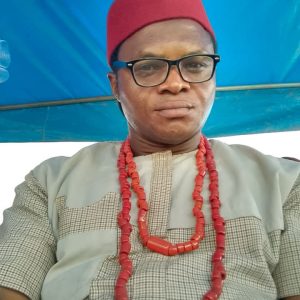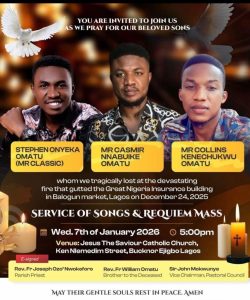NDIOKE IBAGWA-AKA AUTONOMOUS COMMUNITY BLAZING THE TRAIL IN THE EYE OF THE STORM
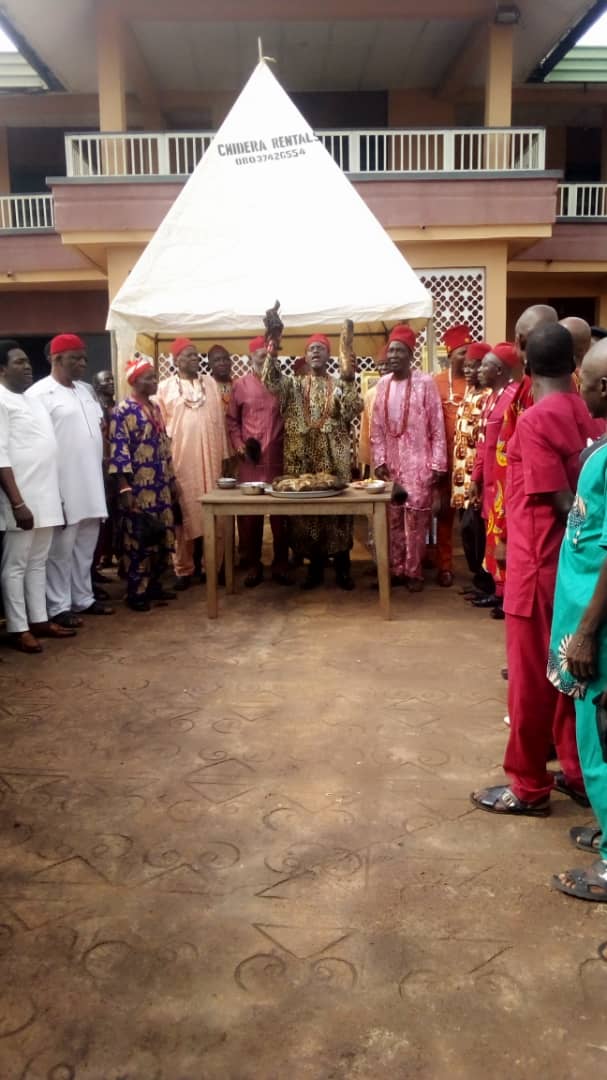
‘Iri-ji’ (Yam) Festival: Matters Arising
By Nkem Ossai
“Nobody can teach me who I am. You can describe parts of me, but who I am – and what I need – is something I have to find out myself.”…. Chinụa Achebe.
The Igbo people have always prided themselves as masters in all that they survey and command. Of course, on their own and because of their usually big pockets, they have, innocuously and tenaciously tried to come out the best in mostly everything they choose to be part of. This raises a fundamental question, “who are we”? Philosopher Socrates answered this unwavering question when he said, “unexamined life is not worth living.”
Shall we remain a people who went chasing the North Star, while the oppressors took over their land? Or people who deliberately and meticulously seek to drive the change around us? Shall we continue to complain, quarrel and fight amongst ourselves at all times? Should we continue to bask in our irrational self worth and incapable of innate self-examination and conversation? I think this is not who we are.
Last week, I watched the Yam Festival, (Iriji) show in far away Manchester, England. Apart from the human colour riot, arising from inter-cultural marriages between the Igbos, English people and other nationalities, you would think that the festival is happening in Enugu. This is because it was grand and colourful; featuring the famous Atilogwu dance, Abriba-Ohafia War Dance, Nkwa-Umu-agbogho Cultural Dance and of course masquerade.
Two days ago, precisely 26th August, 2023, Ndioke Ibagwa-Aka Autonomous Community, under the able and wisdom-filled leadership of the young former Prince of ‘Akwebi’ Kingdom, now HRH, Igwe Emmanuel Emeka Urama, held their (Iri-ji) Yam Festival, the first of its kind in Ndioke Ibagwa-Aka Autonomous Community and since his enthronement, in grand style. It was a wonderful beautiful blend of the best of our culture, tradition and Christianity.
Earlier before the start of the occasion, Rev. Father (Dr.) Melitus Ezikanyi, a cerebral intellectual and devoted servant of the Most High God, offered prayers of Thanksgiving to God, quoting from the glorious Book of Genesis (Gen. 4:3-4), where Cain and Abel demonstrated the importance of ‘Thanksgiving’ to God from the fruits of their hands in supplication and due diligence to God almighty. This proved pundits and men entrapped in their small coves and coven, who termed Onwa-Esa as pagan festival and went ahead to perform ‘Iriji’ in their chosen enclave, wrong.
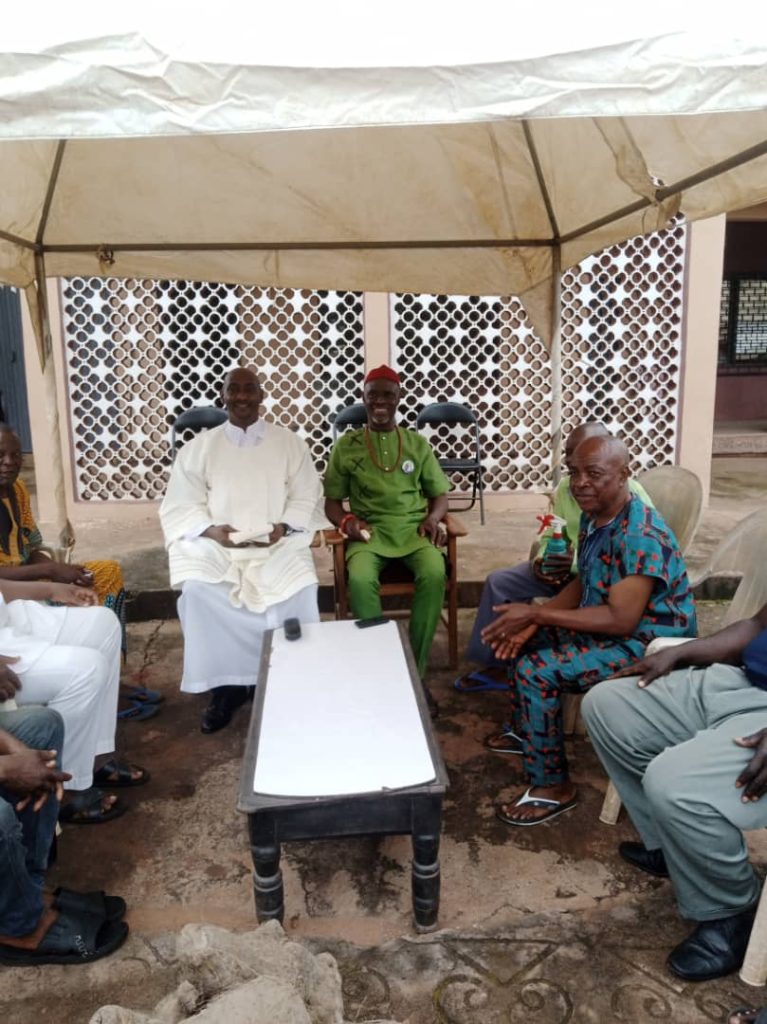
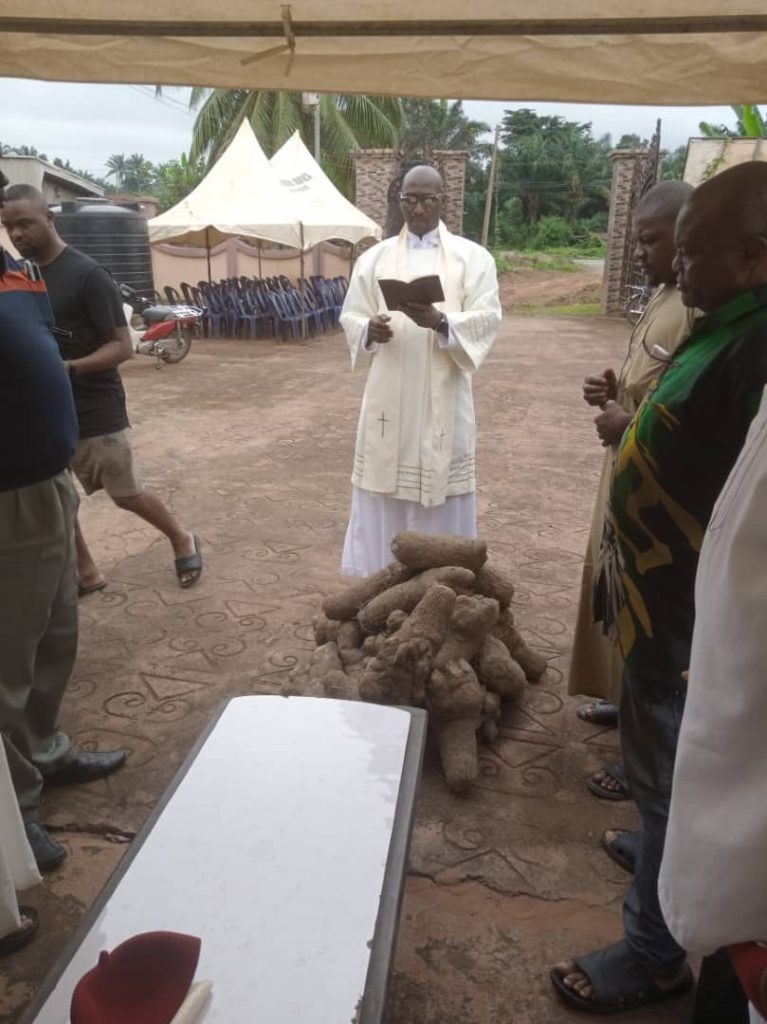
At the great Akwebi Kingdom, the occasion was symbolically characterised by roasting new yams and chickens, in remembrance of our long standing farm season and our ancestors. Cultural dancers, parades, masquerade displays etc. were on hand to recreate the ancient experience that I would like to describe as a ‘spectacular art and pure colourful festival,’ exhibited joyfully with community and special thanks to the almighty God.
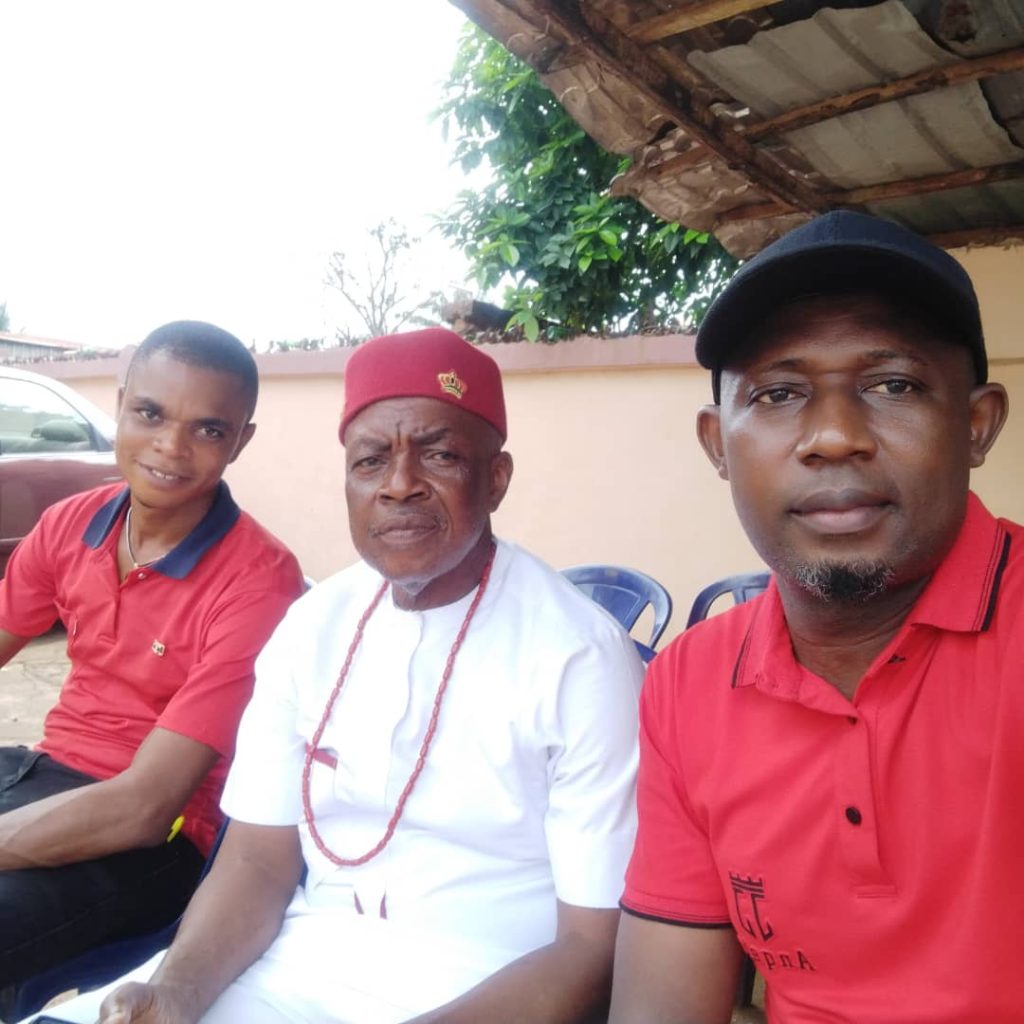
Consequent on the perceived confusion between those who chose to call it ‘Onwa-Esa’ and those who are more comfortable with the centralised Igbo, ‘Iri-ji’, there is now need more than ever, for the traditional rulers who are the custodians of our culture/ tradition and scholars in Igbo cosmology: “belief in the Supreme Being, Chukwu/Chinaeke, that created the world both visible and invisible; belief in the reality of the ancestors and existence of spirits both good and evil; belief in duality or phenomenon of pairing” to come together and harmonise the nomenclatures especially now that the festival is gaining international acclaim and acceptance.
As Igbos, Chinụa Achebe’s quotes will forever remain our encyclopaedia on Igbo cosmology.
So, borrowing a leaf at all times, when the need arises and subject is on Igbo affairs, will not be out of the way.
Epilogue:
“The white man came peaceably with his religion. We were amused at his foolishness and allowed him to stay. Now he has won our brothers, and our clan can no longer act like one. He has put a knife on the things that held us together and we have fallen apart.”…. Chinụa Achebe.

